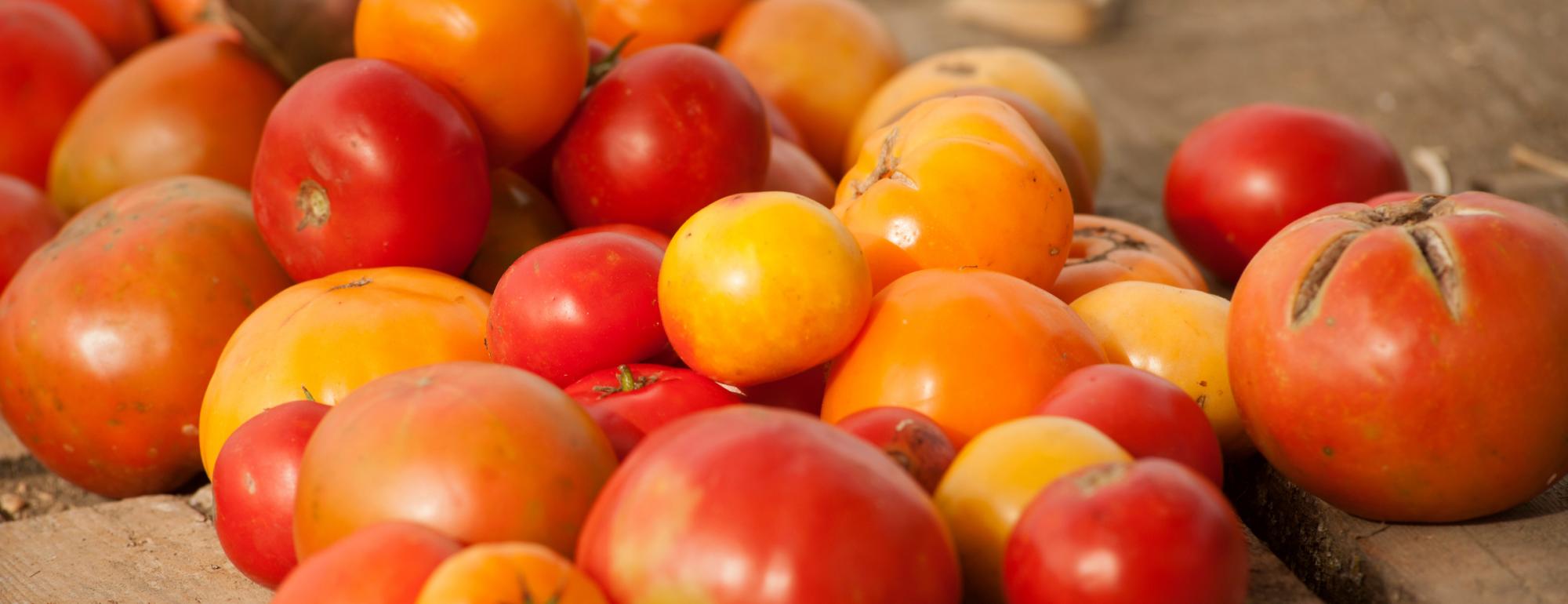California consumers are increasingly aware that food products are connected to their
social, environmental and community values.
Our sustainable food systems research strives to address major issues facing California agriculture

Food Waste |
|

Food Access |
|

Pollution |
|
We study how to make California's food systems more sustainable. Broadly, we work on:
 Regional Food Systems
Regional Food Systems
A close look at a region’s food system is a powerful way to understand the region's health and prosperity. The food system incorporates every resident - from farmers who grow food, to truckers who transport it, food workers who prepare it, and everyone who buys, eats and disposes of food.
 Market Opportunities for Farmers
Market Opportunities for Farmers
Farmers markets, community supported agriculture services, and on-farm sales like u-pick and farm stands are important ways for growers to establish a steady customer base and participate in a region’s food system. Farmers can also break into new markets by growing new crops on their land.
 Energy & Climate Footprinting
Energy & Climate Footprinting
Every stage of the food system — production, processing, distribution, retail, preparation, and waste handling — has greenhouse gas emissions associated with it. Developing a sustainable food system requires a cradle-to-grave accounting of the benefits and impacts all along the food supply chain.
 Closing the Loop
Closing the Loop
Agriculture has the potential to incorporate not only agricultural wastes, but also urban and industrial wastes to "close the loop" and allow wastes to become fuel for food.
 Data & Information Sharing
Data & Information Sharing
Improving the flow of data and other information between researchers, policymakers, and food system actors will enable Californians to address major challenges facing our state's agriculture and food sectors.
